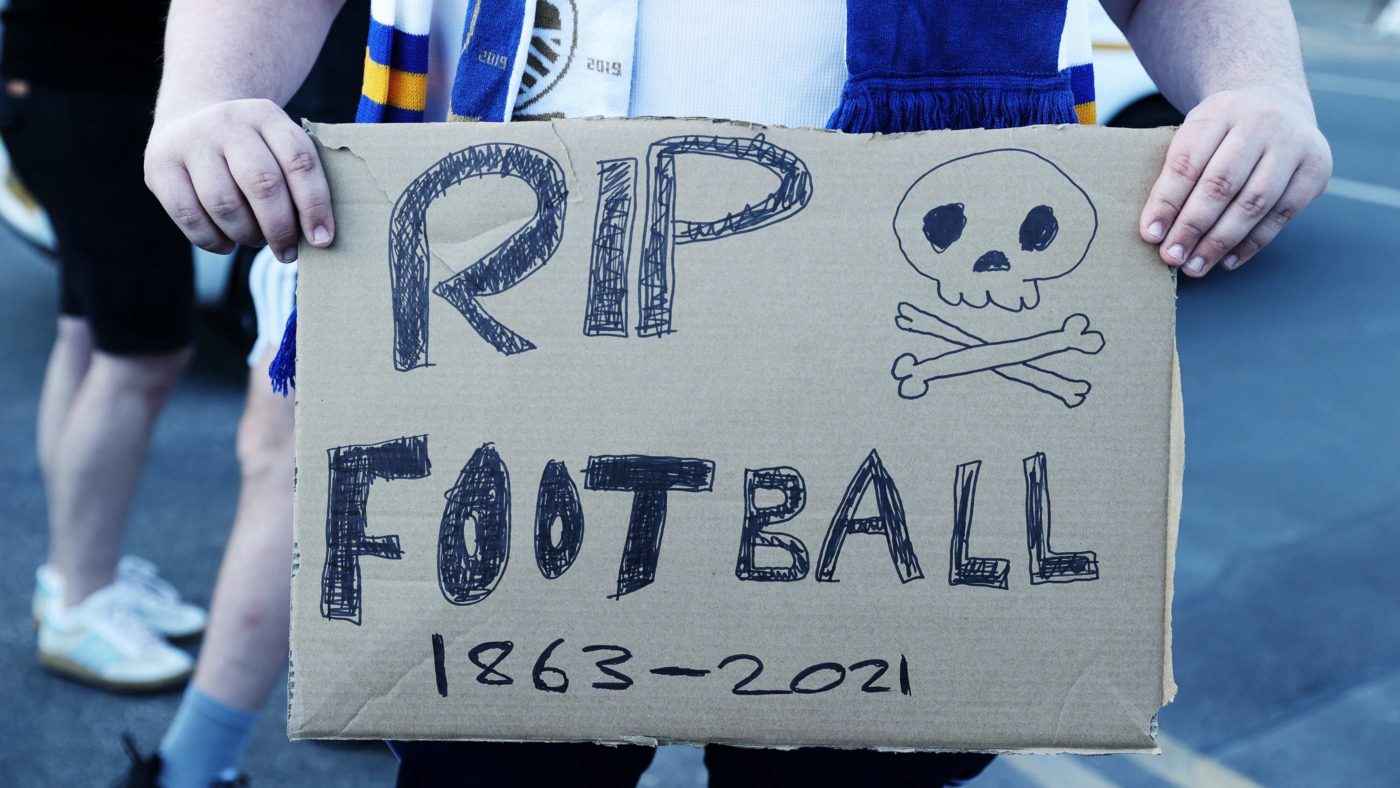I first started to go to Stamford Bridge when I was but a mere lad, taking the number 11 bus up the Kings Road and paying whatever few shillings it cost (money wheedled out of mum) to get into the Shed End, which like all parts of the stadium at that time was a standing-only experience. My burning desire was to watch my idol Jimmy Greaves – still, in my view, the finest goalscorer England ever produced.
Once there I didn’t get to see much football, as I only came up to the waists of the men around me, and had to be content with the occasional snatched view of the pitch through shifting bodies. Occasionally some kindly chap lifted me up to balance perilously on one of the metal bars that were placed to stop crowd surges. But I was there when Greaves scored, even if I didn’t always see it, and that seemed enough to a 10-year-old. I came whenever I could scrape the money together.
Tragically, within a couple of years Greaves had left Chelsea. After a brief sojourn in Milan, he ended up playing for Tottenham Hotspur. I rose to the challenge and for a couple of years would take the number 19 and 29 buses for the four-hour round trip journey to White Hart Lane. But then adolescence intervened: there arrived more pressing demands on my time and pennies.
Years later, I became able to afford a season ticket and, back at Chelsea now that Greaves had passed from the picture, would go with my Stamford Bridge mates on Saturday afternoons. For many decades now, I’ve been a season ticket holder, and even the extraordinary level of inflation in the price of season tickets at Chelsea has, luckily, been matched by my ability to pay for a pair of tickets.
The cast of characters changes every season, but there’s always someone who can command affection and promote love for the club: Charlie Cooke, Dennis Wise, GianFranco Zola, Didier Drogba, Ngolo Kante; their character and footballing brilliance lead to sublime moments on the pitch, but equally important is to watch how they and the team develop with each other, the psychodrama of how a team suddenly becomes more – or less – than the parts; the joys of winning, the anguish of losing; the race for titles, cups, Champions League places.
But all of this takes place within an intensely historical context. Knowing the history of Chelsea’s relationship with West Bromwich Albion or Leicester, is important. Going to the game each year with your mates who are Newcastle, Arsenal, West Ham supporters, and having a laugh with them over who wins, binds the experience together. Because, frankly, the team itself can’t really be the thing to create loyalty to your club; it changes too much each year. Getting used to the new trio of superstars who have been brought in to turn the club’s fortunes around takes a little too long, sometimes longer than the time taken for the trio to leave and be replaced by some other great hope.
I don’t really know if the owners of these six super-teams are really intending to form a new league, or if it’s just a ploy to extract yet more money out of the footballing structure. But if it happens, then I’m not sure why I need to carry on supporting Chelsea. Craven Cottage, pleasantly on the river, offers an excellent opportunity for a different experience, as does Loftus Road, the home of Queen’s Park Rangers. My wife is very excited about the new Brentford stadium by the Chiswick flyover; I could enquire about season tickets there.
Yes, the football will quite often not be as sublime, but there will be consolations from following a club that is more locally rooted. There is only so much pleasure to be gained from devoting my time and emotions to following a team of often anonymous players who come and go, who hate the idea of a trip up north to have chunks kicked out of them by ‘industrial’ players on some sleet-written January dark afternoon, whose emotional resilience levels often seem too low for the British version of the beautiful game. I don’t want to follow a team whose name only carries the pretence of being local. I and the supporters in the stands come from around Chelsea – or Fulham, or Battersea. We want a team that understands that, at the least, and wants to be part of that West London, that England, feeling. Our neighbourhood, our town, our country does mean something to us.
Here’s hoping it’s all a gigantic bluff. And if not, here’s hoping that the crowds will not blindly follow the money, but instead stick with teams that want to be part of a national, not deracinated, football league.
Click here to subscribe to our daily briefing – the best pieces from CapX and across the web.
CapX depends on the generosity of its readers. If you value what we do, please consider making a donation.


